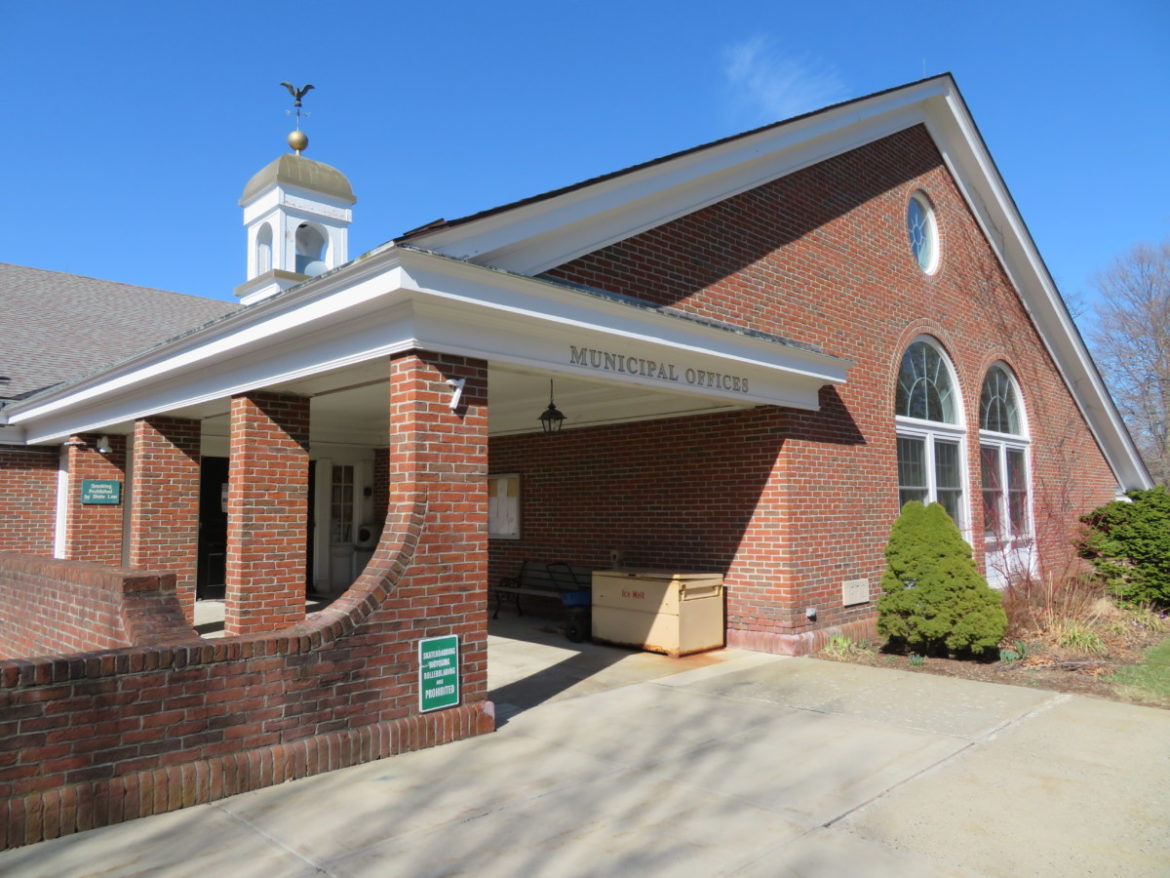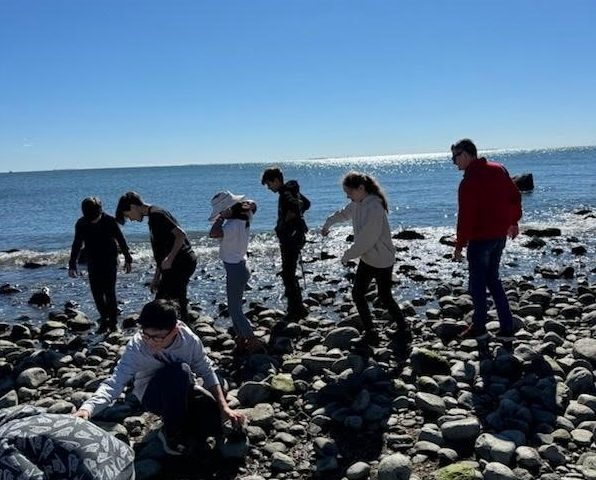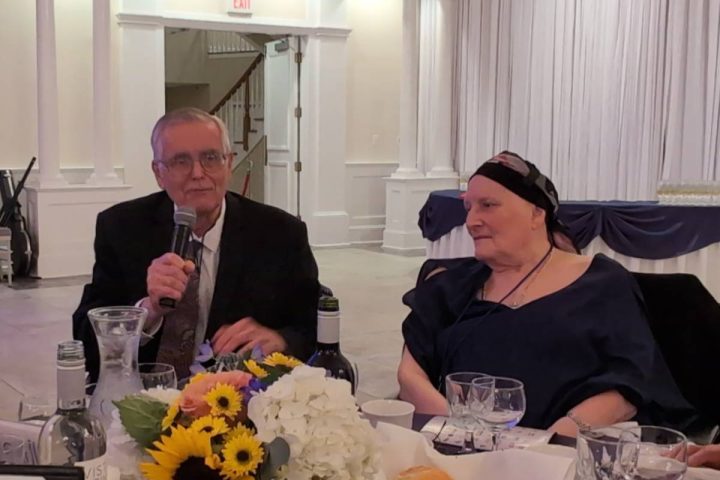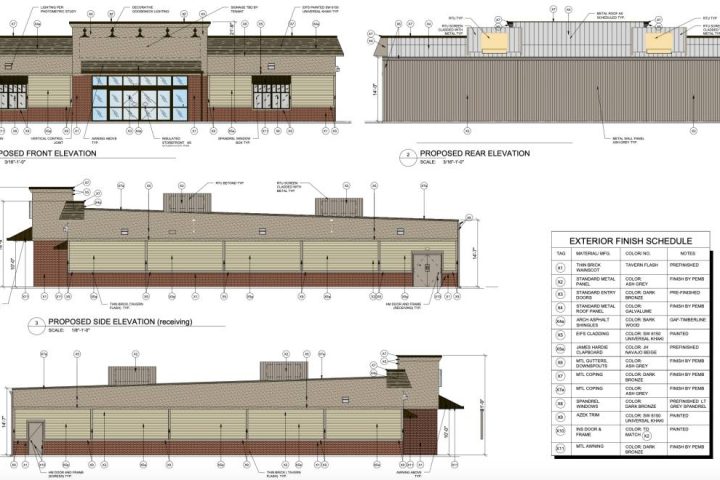MONROE, CT — First Selectman Ken Kellogg recently answered questions about the temporary community and economic recovery coordinator position, which was created to help local businesses reopening amid the Covid-19 pandemic.
During a Town Council meeting Monday, Councilman Jason Maur asked the first selectman how the position was advertised, what Holsworth will be paid and where the money will come from. He also wanted to know what Holsworth’s responsibilities will be.
“I needed to act quickly,” Kellogg said. “As I had done with other temporary positions, I utilized my network to get a very qualified candidate and move forward.”
Kellogg said Holsworth will be paid $1,250 on a week-to-week-basis, adding he expects to use reimbursement for Covid-19 related expenses to cover the cost.
Though he said Council approval was not needed for the temporary position, Kellogg agreed to provide a job description to members. And because the position is not just for economic development, Kellogg said he did not come before the Economic Development Commission about it.
Holsworth will support all aspects of the recovery effort, helping local businesses to survive and stay in Monroe, developing a framework for local economic expansion and coordinating access to the various, and often complex, disaster funding sources available.
In a press release last week, Kellogg said, “this also provides us the opportunity to evaluate the viability of a similar, permanent role, but I would want to see a clear, net return for our taxpayers before proposing a permanent position.”
“I appreciate your willingness to look into this coordinator position,” said Maur, who is a Democrat.
During the last municipal election, Democrats advocated for an economic development coordinator position, but Republicans cited steady growth in the grand list. However, the economy was hit hard by the pandemic, which led to high unemployment and forced many businesses to close for social distancing efforts.
Covid-19 funding
Kellogg said the town has spent or encumbered around $46,000 for Covid-19 related expenses, adding it can expect 75 percent reimbursement from Federal Emergency Management Agency disaster funds.
The remaining 25 percent can be picked up with a variety of grants, some providing 100 percent of the cost for specific expenses.
“We have incremental expenses for contact tracing and our public health nurse is trying to get 100 percent reimbursement from a State Health Department grant,” Kellogg said. Other grants cover social service efforts, he added.
For anything else that is not funded from FEMA or another source, Kellogg said the town can apply for money from the state Municipal Coronavirus Relief Fund through the CARES Act.
Monroe is preapproved for up to $86,427 for municipal costs and $115,000 for education expenses, according to Kellogg.






